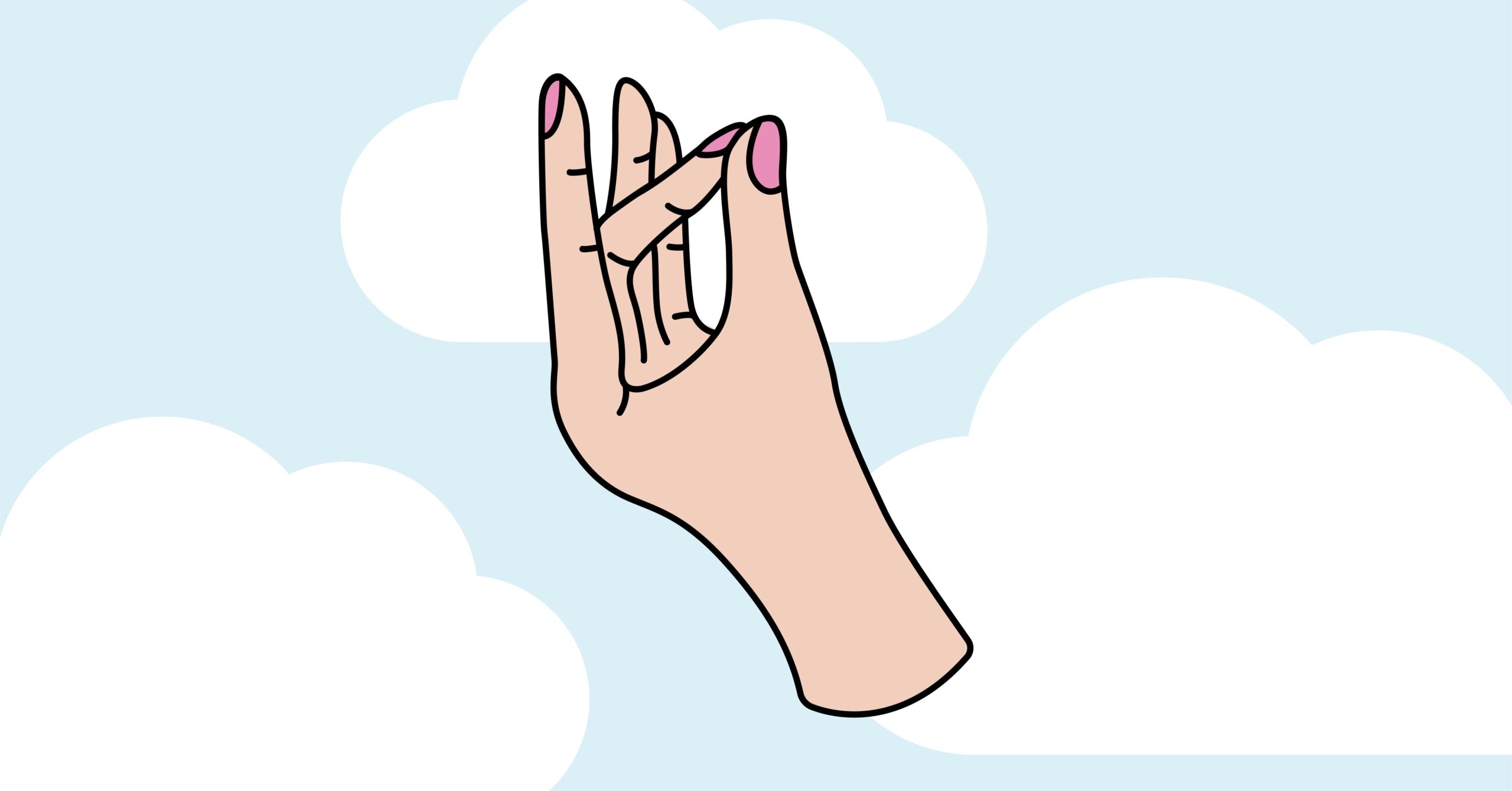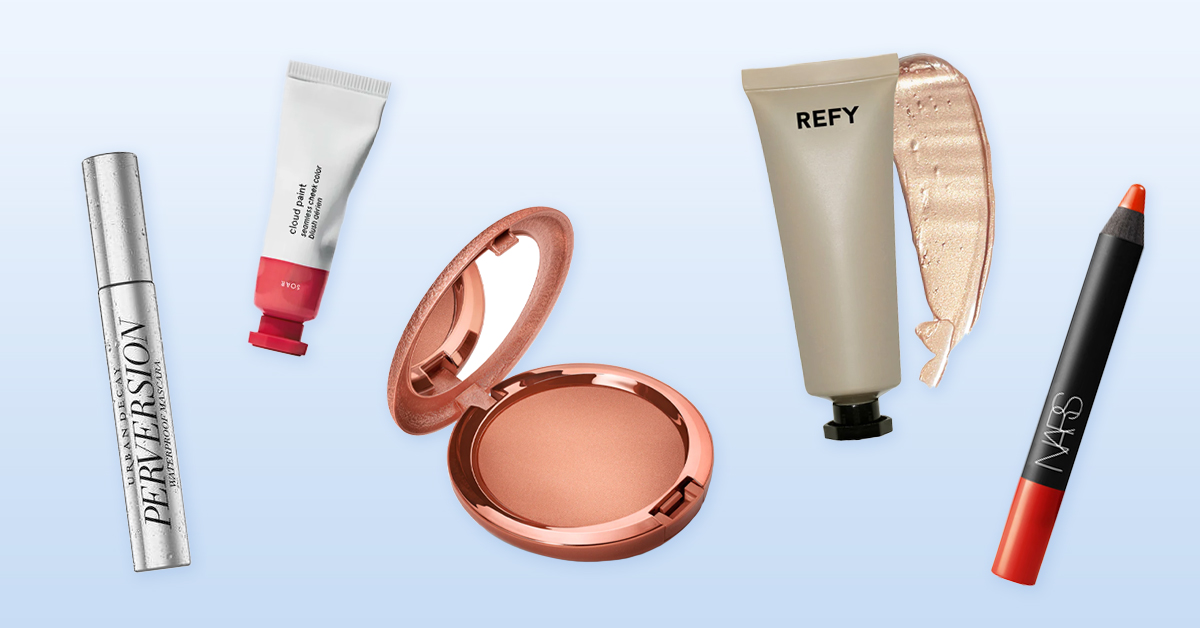Handwashing vs hand sanitizing
If you’ve been to a pharmacy or grocery store lately, you’ve probably noticed that it’s completely sold out of hand sanitizer. That’s because people have been stockpiling hand sanitizer to combat the coronavirus pandemic. But did you know that using good old soap and water is actually more effective? Here are five reasons why washing your hands is better than using hand sanitizer:
1. Liquid soap breaks down pathogens
Research shows that the novel coronavirus is transmitted through droplets from sneezing or coughing that can land on pretty much any surface, from credit cards to doorknobs, cellphones, and even laptops. If people touch something that a droplet fell on and then touch their face, they can become infected. Since coronavirus is encased in a layer of fat, liquid soap helps destroy that layer, deactivating the virus and removing it from hands. Though bar and liquid soaps are equally effective, you should use liquid soap while out in public and bar soap at home only.
2. Handwashing offers more protection than hand sanitizer
While hand sanitizer can kill coronavirus, the CDC still recommends that you use soap and water whenever possible. That’s because it offers more protection. Washing your hands using soap and water can combat norovirus, C. difficile, rhinovirus, and some parasites, but hand sanitizer can’t. Even though these bugs don’t lead to coronavirus, they can still give you a bad case of vomiting and diarrhea if you happen to ingest them.
3. Repeated use of hand sanitizer can lead to skin irritation
For hand sanitizers to be effective at destroying coronavirus, they need to have an alcohol content of 60 percent or higher. Also, the entire surface of the hands and fingers must be covered, which could lead to skin irritation, including tears and cuts. Sure, hand sanitizers are convenient, but if you have access to a sink, there’s no reason not to use soap and water to clean your hands.
4. You can’t use hand sanitizer on visibly dirty or greasy hands
The CDC recommends avoiding using hand sanitizer on visibly dirty or greasy hands, such as after gardening, playing outdoors, or fishing. This is because it’s ineffective at physically removing dirt and grime. Instead, wash your hands with plenty of soap and water to get them squeaky clean.
5. Hand sanitizer doesn’t actually clean your hands
Yes, hand sanitizer kills viruses and certain bacteria, but it doesn’t clean your hands thoroughly like soap and water do. When you wash with soap, it kills germs, binds them, and helps physically remove them from your hands. Hand sanitizer simply neutralizes viruses and bacteria but doesn’t wash them away.
Bottom line: use hand sanitizer only if you don’t have access to a sink
Hand sanitizer is definitely more portable and accessible than soap and water when you’re on the go. It’s able to combat germs when you can’t access a sink. But the CDC and other health organizations recommend handwashing as the first line of defense against viruses and bacteria simply because it’s more effective than hand sanitizer. Bottom line: you should only use hand sanitizer when you can’t wash your hands immediately using soap and water.
















